Hello dear readers. As many of you know, I’ve been trying to get a retirement community off of the ground here in Bali, which means researching and trying to come to terms with the concept of “retirement.” It’s a difficult word because it implies getting old — an inescapable decline in health and ability.
On the other hand we now have a longevity bonus of almost 4 decades compared to 120 years ago, from an average lifespan of 32 years in 1900 to 71 years in 2021.
Recently I came across a re-framing of the standard linear “lifeplan” that society has laid out for us by the senior advocate and author Ken Dychtwalk. He proposes a new cyclic lifespan:
Here’s a different view:
The cyclic lifespan helps us re-think the linear idea of working for 40 or 50 years in a row and then transitioning to your golden years when your body and mind is already post-optimal:
In fact the cyclic lifespan allows everyone from high schoolers onward to capture leisure time while one’s health is at its peak.
Rethinking Life Stages to Maximize the Longevity Bonus
Early Career (Ages 20-35)
• Career Planning: Embrace diverse job experiences. Explore different industries and roles to find your passion.
• Continued Education: Pursue further education and certifications to keep skills relevant.
• Networking: Build a broad professional network that includes mentors and peers from various age groups.
• Work-Life Balance: Incorporate leisure and self-care into your routine to build a sustainable lifestyle.
Mid-Career (Ages 35-50)
• Career Shifts: Don’t be afraid to switch careers if you find a new interest or if your current role no longer fulfills you.
• Skill Enhancement: Take courses or attend workshops to stay updated in your field or to learn new skills.
• Intergenerational Mentorship: Engage in mentorship programs, both as a mentor and a mentee.
• Health and Wellness: Focus on maintaining a healthy lifestyle to ensure long-term well-being.
Late Career and Retirement (Ages 50+)
• Continued Engagement: Consider part-time work, consultancy, or volunteering to stay active and engaged.
• Lifelong Learning: Enroll in courses or participate in community education programs.
• Intergenerational Living: Explore living arrangements that promote interaction with younger generations.
• Health Focus: Prioritize preventive healthcare and wellness activities.
In terms of community building, it might mean that an intergenerational focus with a strong education core is the most appropriate way to go.
And so here’s the question: Would you rather be a part of an “active living” (retirement) community or an intergenerational community? Or neither? (And by community, it can be a campus, a residential complex, rented spaces at a hotel — or even virtual to some extent.)
Please help me by taking the poll below. Thanks
Looking forward to your comments.
Neill




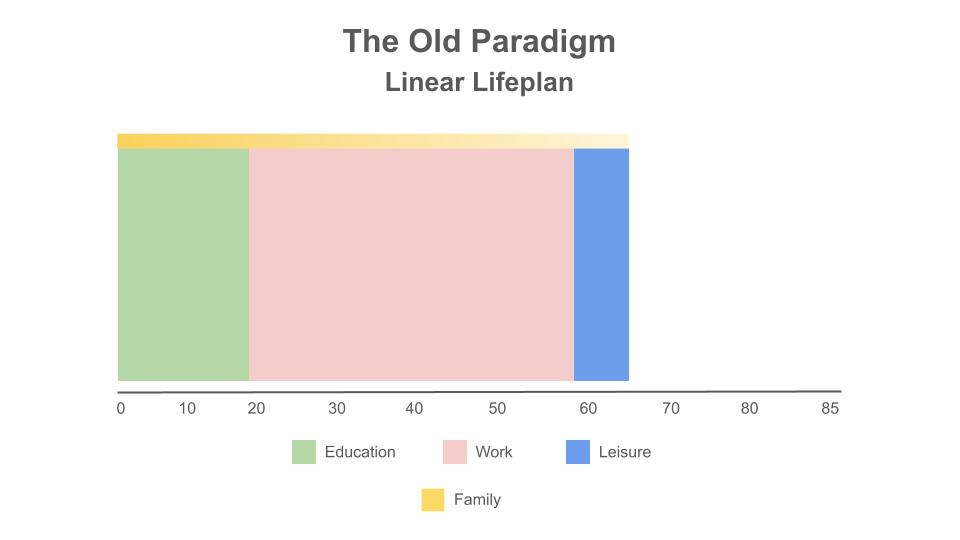
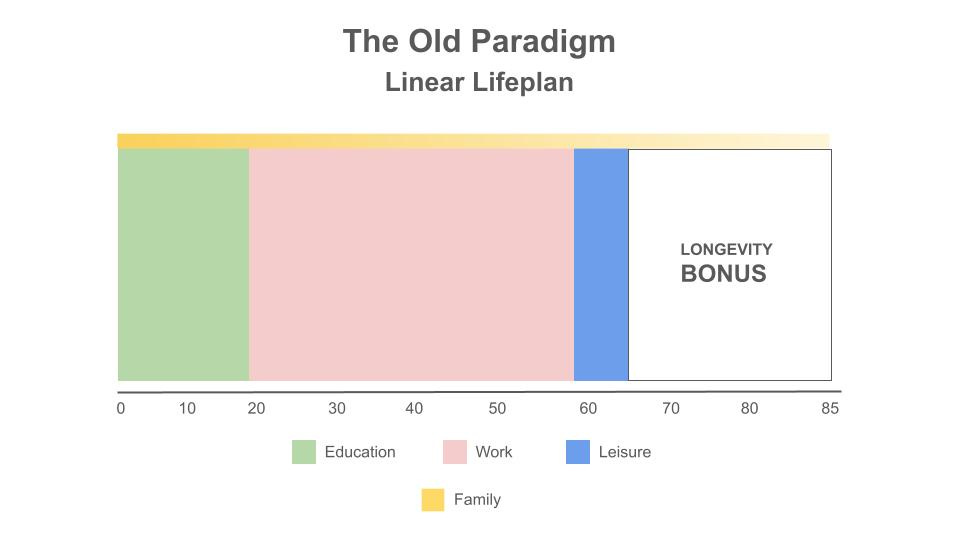
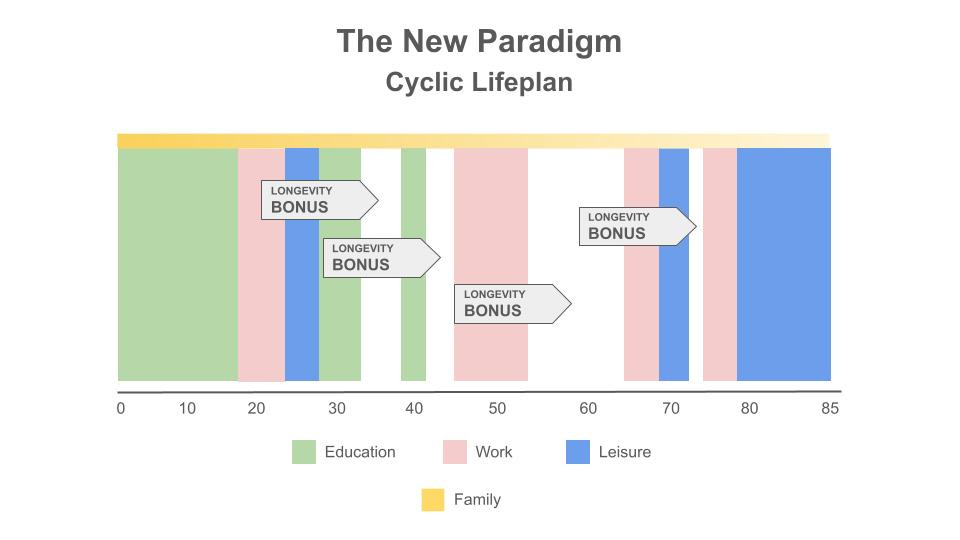
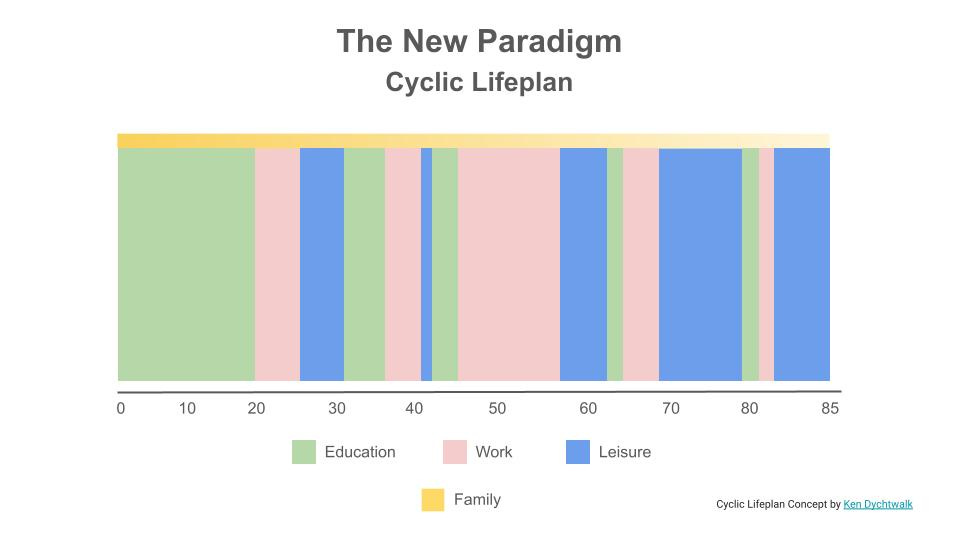

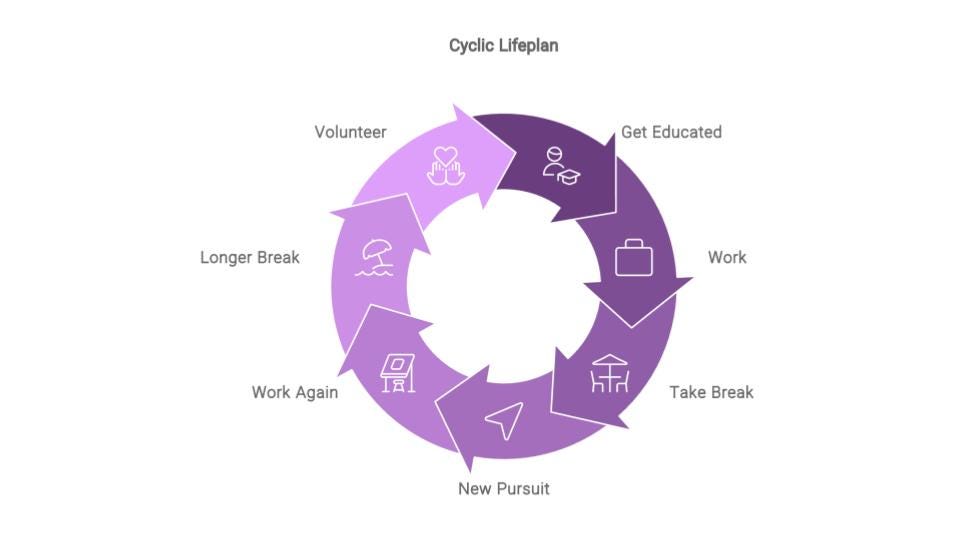
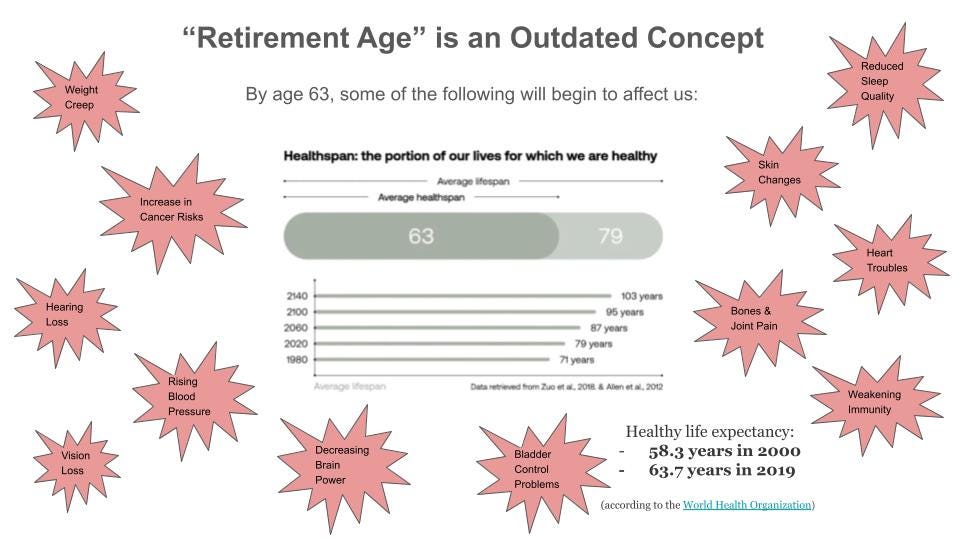
Love this concept. I teach yoga in the UK to a mixture of lovely people, I'm in my mid 60s and will hopefully remain a teacher and continue into my later years, the joy from teaching and helping others to live a calmer healthy active fun loving life makes my heart sing.
Neil - you have tremendous persistence! Keep it going - Tom Richards